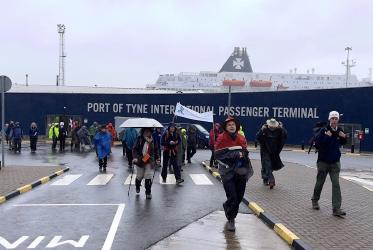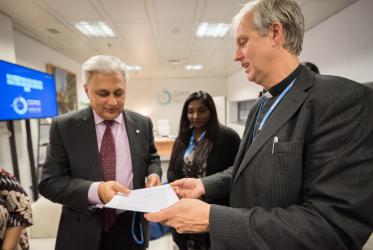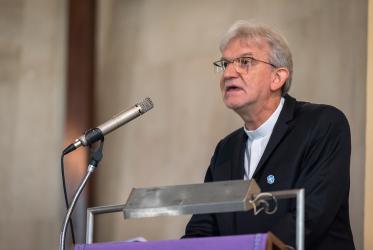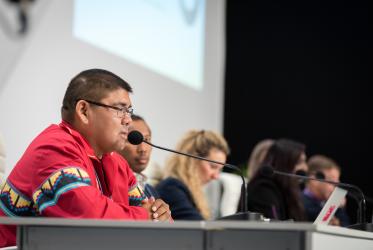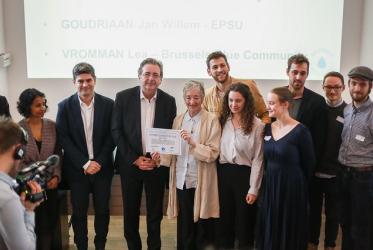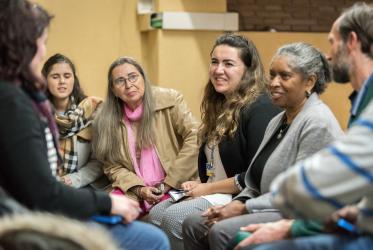Displaying 1 - 20 of 26
Interfaith group delivers message to COP25
10 December 2019
“See humans as part of creation” in addressing climate emergency
06 December 2019
WCC joins gathering of Blue Communities in Brussels
06 December 2019
“Love will find a way”
23 August 2018
«L'amour triomphera»
23 August 2018
New Executive Committee members elected in Trondheim
28 June 2016
WCC/UN conference calls for coordinated action on refugee crisis
20 January 2016
“European solidarity must be strengthened”
29 October 2015
WCC urges responsibility for and support to the refugees in Europe
04 September 2015
WCC Executive Committee speaks out on migrant crises
12 June 2015

